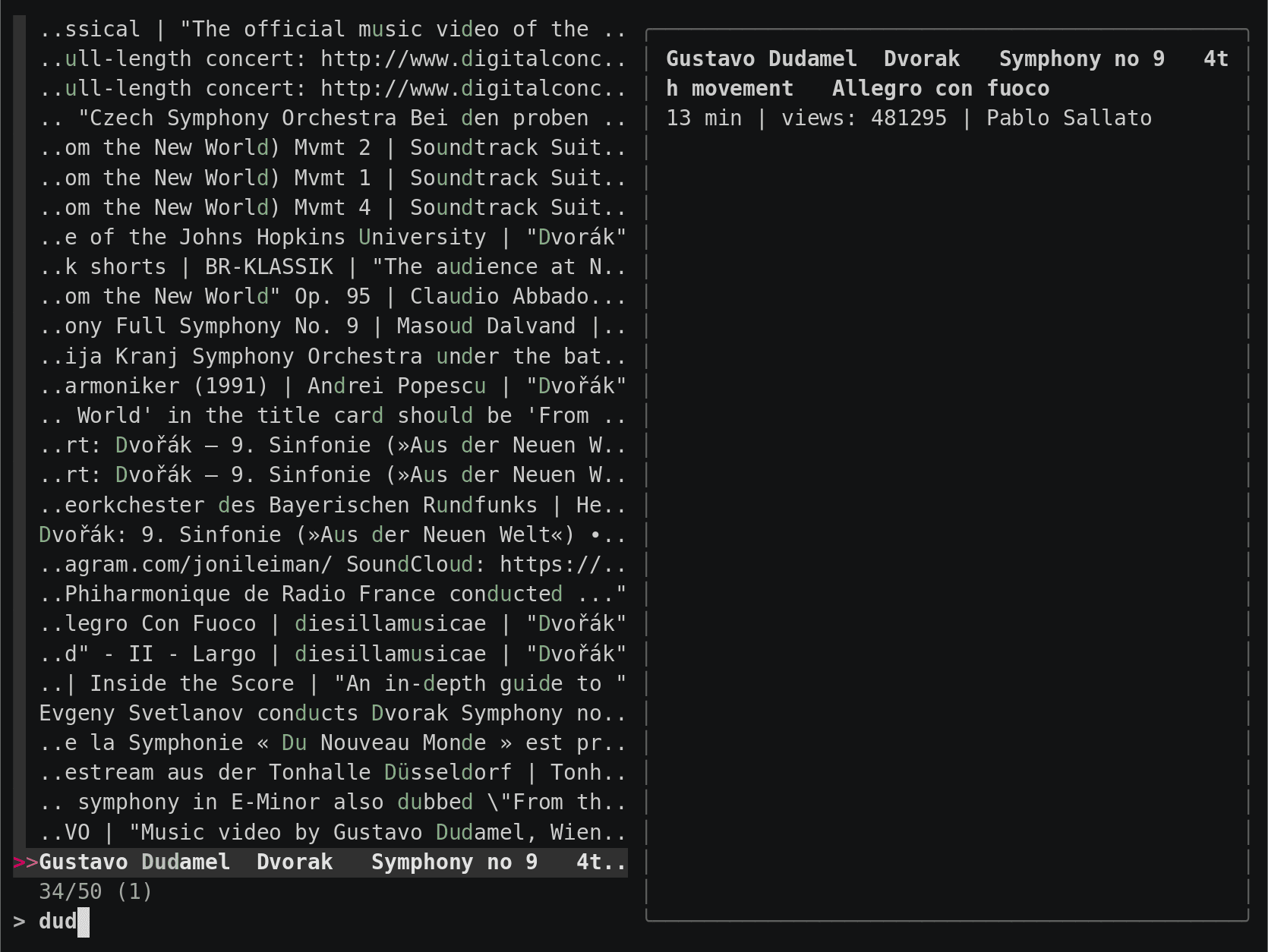You know what’s also been disappearing? The clip where Rachel Maddow claims “the virus stops with every vaccinated person” on MSNBC. Has anyone admitted that the efficacy of the new vaccines has been massively overstated?
HMH
- 5 Posts
- 39 Comments
Meanwhile in Germany:

Krieger wider Willen - Warrior against his [Olaf Scholz - Germany’s chancellor] will

Putins blutige Spur - Putin’s bloody path


Gefährlich schwach - dangerously weak


Putin ist ein Drache, der fressen muss - Putin is a dragon that needs to feed

Wie schwach ist Putin? - How weak is Putin?
Have you made sure all submodules are checked out, i.e. did you run
git clone https://github.com/LemmyNet/lemmy.git --recursivewith the--recursiveflag?
And this is how it sounds like: https://www.youtube.com/watch?v=n4JD-3-UAzM (skip to 1:57 if you don’t care about the rest).
Gladly taking videos with actual jumping back.
There is https://lemmy.ml/c/cooking looks rather inactive though, perhaps post your favorite recipe there?
Something super easy if you have an oven: Just put some soft cheese (for example Camembert) into your oven for about 20 mins at 180°C. Cut it open after about 10 mins the way you can see here:
 If you don’t have anything to put it into for baking, just wrap in Aluminium foil.
If you don’t have anything to put it into for baking, just wrap in Aluminium foil.Then eat it with baguette, chopped vegetables or even grapes.
simmer for three hours…
…simmer for an additional hour
I guess our understanding of easily and quickly differs slightly.

 111·4 years ago
111·4 years agoWhich alternatives should one consider?
Have you checked out Wikivoyage already: https://en.wikivoyage.org/wiki/North_Macedonia ?
I never travelled before
Just some generic tip regarding traveling: Check what power outlets are used and bring adapters accordingly. Within Europe it’s fairly standardized but better check beforehand.

 3·4 years ago
3·4 years agoWell, you see… umm, I am a very creative person!
Haha, should have gone with:
mpv --vo=tct --really-quiet $(echo aHR0cHM6Ly93d3cueW91dHViZS5jb20vd2F0Y2g/dj1kUXc0dzlXZ1hjUQ== | base64 -d -)
Even xterm is too distracting with
mpv --vo=tct --really-quiet "https://www.youtube.com/watch?v=dQw4w9WgXcQ":P
That’d be green beans. In Germany they are aptly named “Brechbohnen” which can be interpreted as “vomiting-beans”.

 3·4 years ago
3·4 years agoI honestly do not understand terminal file managers, what’s their appeal, how are they better than what my command line already offers to me? I am not trying to dismiss them, I just plain do not understand how they are useful to people.
it’s available on all major platforms with a native client
Yeah, but all native desktop clients are still more or less in alpha and have no feature parity with Element. Can you recommend one, I am currently using nehko and it is okayish but still very much under development?
what’s wrong with the user experience of Element
To mention just a few obvious issues: Element on desktop is very slow and heavy as it is an Electron app, search in encrypted rooms does not work, if I scroll through longer chats the scrollbar becomes incredibly jerky, on mobile notifications sometimes don’t show up. And there are many more things that just need more polish, I am not an UX designer so I am not that good at pointing my finger at all UX issues but I can still feel them.
I sincerely hope that given a little more time things improve and I can finally recommend matrix to my non technical friends.
Because Telegram offers top notch user experience, apart from excellent apps they even offer native desktop clients. I really want matrix to succeed but as of now the user experience is clearly inferior.

 0·4 years ago
0·4 years agoAlso checkout https://github.com/valentjn/ltex-ls which enables grammar checking in markdown, latex and more based on languagetool.
- Open dataset with 400M images: https://laion.ai/laion-400-open-dataset/
- Searchable through: https://rom1504.github.io/clip-retrieval/








The good old “Think of the children” argument again… This is an attack on online privacy, again. I hate it.
It is the parents responsibility to keep their kids safe. We don’t ban knives either just because a child could accidentally get hurt by one. And apart from that the regulations are not even well thought out, they will not stop a determined teenager with a lot of time on their hands.